Sea Moss For Skin Care – Benefits, How To Use, And Side Effects
Enjoy the benefits of this rich algae to keep your skin healthy, nourished, and glowing.
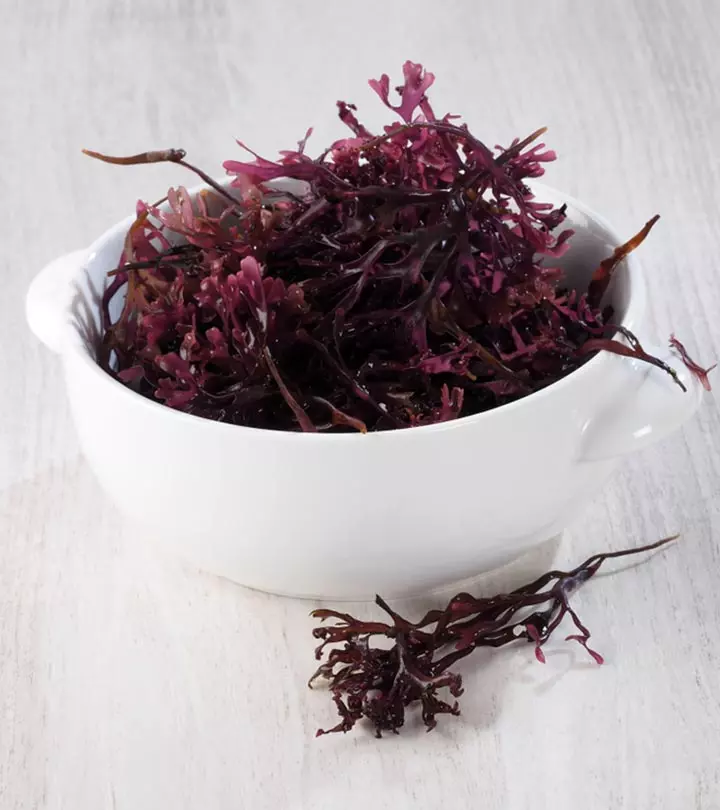
Image: Shutterstock
Sea moss’ skin benefits are rapidly gaining recognition for nourishing your skin. This potent natural ingredient is currently being used in the formulations of many skin care products. But are the skin benefits of sea moss backed by scientific evidence? Is it viable for users to integrate it into their skin care routine? In this article, we explore sea moss, its possible advantages, and how to use it, along with potential adverse effects. Keep reading!
In This Article
What Is Sea Moss?

Sea moss, also known as Irish red seaweed or Irish moss, is a type of red algae. It grows abundantly on the Atlantic shorelines of Ireland, the Caribbean Islands, and North America. High-flying celebrities, including the likes of Kim Kardashian, have endorsed this superfood. While you might have heard about seaweed’s benefits for health, this specific variety of seaweed or sea moss can help maintain your skin health. Let us deep-dive to understand the benefits of sea moss on your skin.
Key Takeaways
- Sea moss (red seaweed) is said to combat free radical damage, inflammation, and harmful bacteria, viruses, and other microbes.
- It contains over 80% of essential elements (like calcium, magnesium, etc.) that form the human body.
- Also known as Irish moss, this wonder food has excellent hydrating properties and may help prevent dry skin conditions like eczemai A chronic skin condition that causes dryness, irritation, blisters, inflammation, and red rashes on the skin. and psoriasisi A common, chronic skin condition that causes itchy and scaly patches on the skin, often triggered by a cold, infection, or stress. .
- It has also become a common feature in skin care products and may even combat acne.
Sea Moss: A Glance At Its Overall Benefits

Seaweed demonstrates antioxidant, anti-inflammatory, anti-aging, antibacterial, antiviral, and antimicrobial effects (1). While more research is needed to prove the efficacy of sea moss for skin health, several dermatologists and experts swear by this powerhouse of an ingredient.
Let us understand how this ingredient can help you establish a healthy skincare routine.
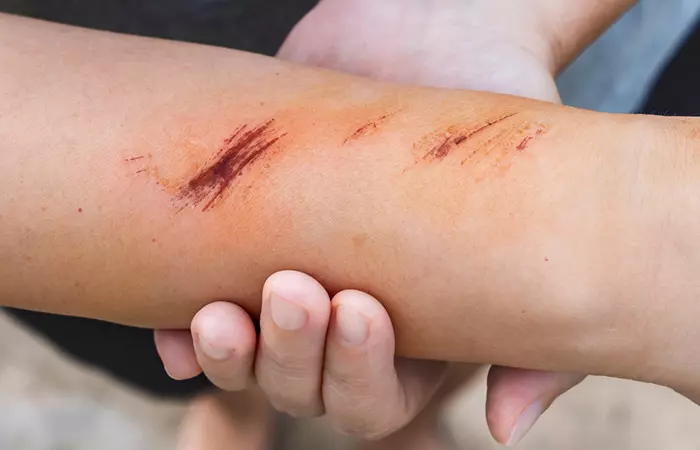
- Acts As A Powerful Hydrocolloid: Irish moss traditionally has been valued for its hydrocolloid composition (2). Hydrocolloids help retain healing fluids over a wound to protect it from the outside environment.
- Helps Treat Acne: Experts claim that the high sulfur content of sea moss may help lower excess sebum production on the skin. The antibacterial properties of sea moss may also help treat acne. However, more research is warranted in this regard.
- Hydrates Skin: Irish moss is non-comedogenic. It contains 15 of the 18 essential elements that make up the human body – including calcium, magnesium, and vitamin K (3). It also contains vitamin A and omega-3 fatty acids. These nutrients hydrate skin and aid healthy skin cell functioning (4). They may also offer anti-aging benefits, prevent winter dryness, and protect the skin from the damaging effects of the environment. Sea moss is also thought to treat skin conditions like eczemai A chronic skin condition that causes dryness, irritation, blisters, inflammation, and red rashes on the skin. and psoriasisi A common, chronic skin condition that causes itchy and scaly patches on the skin, often triggered by a cold, infection, or stress. , though more research is needed to support this claim.
- Reduces Skin Inflammation: The vitamin A and omega-3s in sea moss may help fight skin inflammation.
- May Promote Scar Healing: As sea moss is a type of red macro-algae, it may be rich in agaroid and carrageenan. These compounds have great potential in scar healing and skin regeneration. Agaroid demonstrates biocompatibility and high affinity to absorb water. When used in wound dressings alongside collagen or gelatin, agaroid may promote tissue repair while minimizing scarring and leaking of fluid. Carrageenan may help stimulate immune cell activity. When incorporated into wound dressings, it may create flexible, transparent, and mechanically strong hydrogels with effective fluid absorption. These findings highlight the potential of sea moss derivatives in promoting scar healing and enhancing wound dressings for improved skin regeneration (5).
A blogger using the name Melanin Mommy Magic shared her experience using sea moss for both dietary and skincare purposes. She had incorporated sea moss into her diet through smoothies and yogurt, noting potential improvements in mood and energy. She writes, “I noticed a clear difference in my blemishes, pores, and brightness after only 3 treatments. I was actually in disbelief (i).”
 Trivia
TriviaThese are the various skin benefits of sea moss. But how can you use it on your skin?
How To Use Sea Moss On Skin

You can use this ingredient in two ways:
- As Food: You can ingest sea moss as a pill/powder/gel. Speak to your doctor prior to understanding the right dosage, frequency, etc. based on your current health condition and body type. Sea moss, by itself, has no taste. You can use it as a gel in soups, smoothies, or desserts.
 Trivia
Trivia- As An External Product: Sea moss is increasingly being used in body lotions, facial masks, powders, and pills. For a face mask, mix 2 tablespoons of sea moss gel with a spoonful of honey and a few drops of lemon juice. Apply for 15 minutes, then rinse. You could also blend sea moss gel with aloe vera for a soothing, hydrating mask. Speak to your dermatologist to understand which product with sea moss would best suit your skin.
Before you start using sea moss, it is important to be aware of its side effects.
Sea Moss Side Effects

- Sea moss is high in iodine. Hence, consuming it in excess can be harmful to those with autoimmune thyroid conditions such as Hashimoto’s diseasei An autoimmune disorder where the immune system creates antibodies that attack the thyroid gland, leading to cell death. (6). Excess iodine ingestion can also cause goiter (enlarged thyroid gland), thyroid gland inflammation, and thyroid cancer (6). Additionally, you might experience other side effects such as the burning of the mouth, fever, stomach pain, nausea, and vomiting.
- One gram of seaweed can contain 16 to 2,984 mcg of iodine (6). Ensure you read the nutrition labels of the product before purchase.
- Stop sea moss intake if you experience an itchy throat or nausea. These symptoms can mean you are allergic to the ingredient.
- Perform a patch test before using sea moss in a face mask or as a topical cream. Watch out for signs of irritation, redness, burning, stinging, etc.
- Sea moss is high in natural fiber and may have laxative effects. Consume it with caution.
- Ensure you purchase high-quality sea moss. Seaweeds are generally known to accumulate toxic heavy metals such as cadmium, mercury, and lead – and these can be harmful to your body. Speak to your dermatologist/doctor and ask for specific product recommendations.
Infographic: Top 4 Benefits Of Sea Moss
You may have come across several skin care products with sea moss or Irish seaweed as the main ingredient. This superfood has been recently popularized by celebrities as it is believed to be a skin care powerhouse. The infographic below will give you a quick overview of the various skin care benefits of sea moss. Take a look!
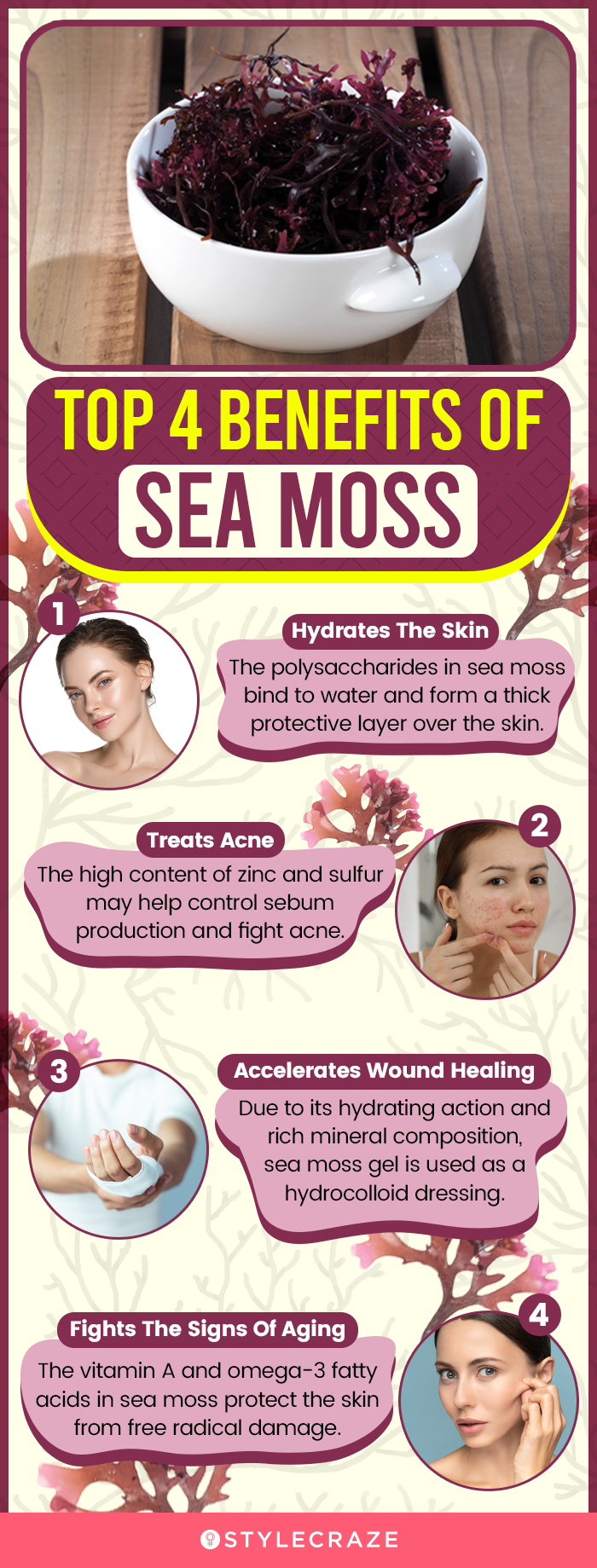
Illustration: StyleCraze Design Team
Sea moss has become one of the most popular natural ingredients in the formulations of skin care products. The anti-inflammatory and antioxidant properties of sea moss help protect the skin from free radicals, while its mineral content provides nourishment and hydration for glowing skin.
Though there is not enough evidence on the sea moss benefits on the skin, it is advised to use only under professional guidance. You may use sea moss as face masks, pills, powders, and lotions. Consulting your dermatologist will be a good idea if you want to include this ingredient in your skin care routine.
Frequently Asked Questions
What is the recommended dosage of sea moss for skin benefits?
It can be difficult to set a specific dose without considering the skin type or concern that you are trying to cater to. But you can start with 1-2 tablespoons of sea moss gel and use it daily. You can gradually increase the dosage if it suits you, but it’s best to check with a healthcare provider for advice tailored to your needs.
Does sea moss have collagen?
Sea moss is rich in proteins that form collagen in the body.
Is sea moss good for your eyes?
Sea moss contains various vitamins, including vitamin A (7). Consequently, based on anecdotal data, vitamin A can gradually and steadily aid in improving your vision. Additionally, sea moss’ antioxidants will entirely shield your eyes from adverse effects if they are already in good health.
Does sea moss help with dark circles?
Anecdotal research suggests that vitamin K in sea moss enhances elasticity and lessens sagging over time. Additionally, it aids in reducing under-eye dark circles. However, further evidence is required to back this claim.
Can sea moss help with hyperpigmentation?
Anecdotal research suggests that sea moss may be beneficial if you have sun spots, age spots, or hyperpigmentation. The bioactive substances specific to sea moss are said to treat hyperpigmentation and swiftly and effectively lighten dark spots naturally. However, more research is needed in this regard.
Illustration: Sea Moss For Skin Care – Benefits How To Use And Side Effects
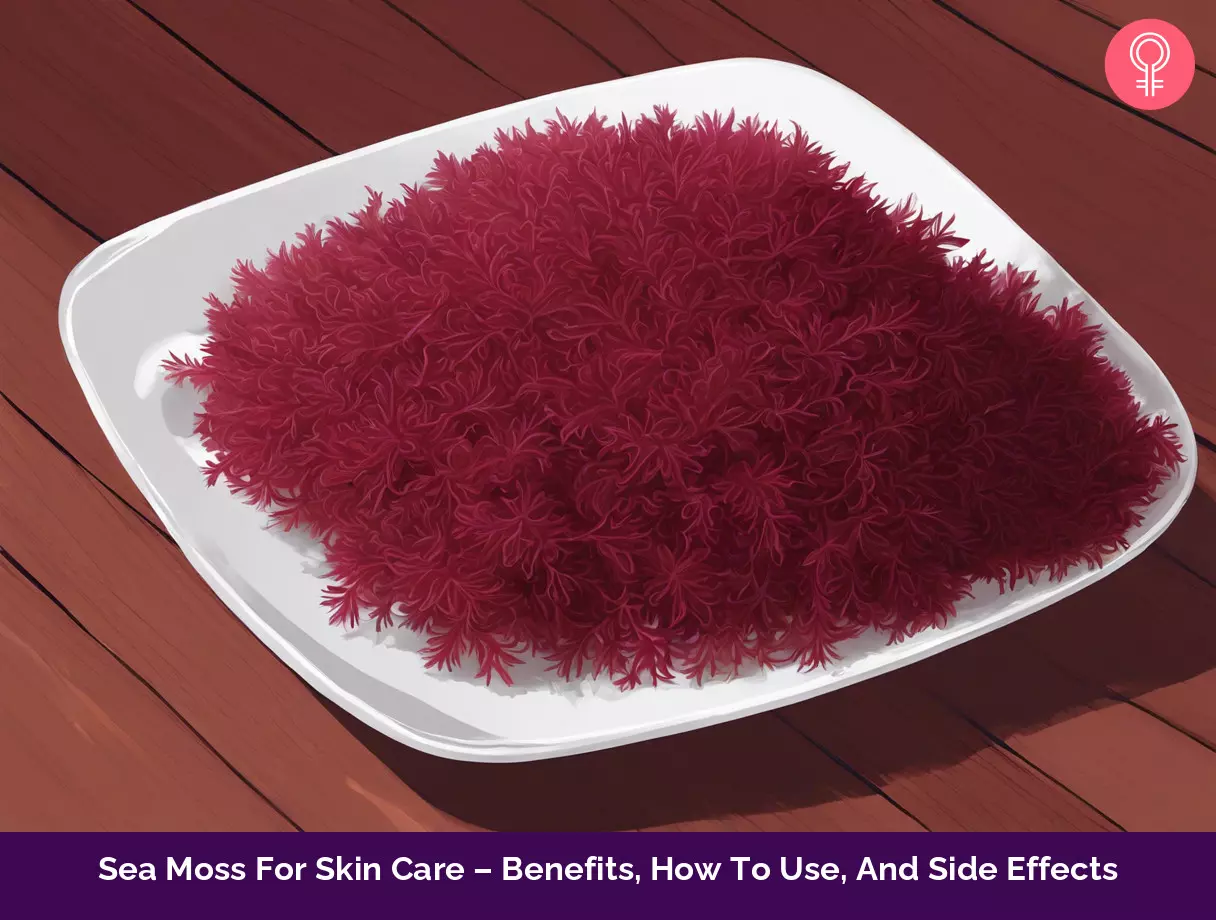
Image: Stable Diffusion/StyleCraze Design Team
Witness the incredible transformation as I share my journey of battling stubborn acne. Scroll down to discover the remarkable results of the miraculous healing properties of Seamoss.
Personal Experience: Source
StyleCraze's articles are interwoven with authentic personal narratives that provide depth and resonance to our content. Below are the sources of the personal accounts referenced in this article.
i. I used sea moss on my face for 7 days. Here’s what happened,https://mmommymagic.wordpress.com/2020/05/04/i-used-sea-moss-on-my-face-for-7-days-heres-what-happened/
References
Articles on StyleCraze are backed by verified information from peer-reviewed and academic research papers, reputed organizations, research institutions, and medical associations to ensure accuracy and relevance. Read our editorial policy to learn more.
- Diverse Applications of Marine Macroalgae
https://www.mdpi.com/1660-3397/18/1/17 - Commercialization of Irish moss aquaculture: the Canadian experience
https://www.researchgate.net/publication/335614017_Commercialization_of_Irish_moss_aquaculture_the_Canadian_experience - Seaweed, irishmoss, raw
https://fdc.nal.usda.gov/fdc-app.html#/food-details/168456/nutrients - Cosmetic and Therapeutic Applications of Fish Oil’s Fatty Acids on the Skin
https://www.ncbi.nlm.nih.gov/labs/pmc/articles/PMC6117694/ - Recent Advances in the Use of Algal Polysaccharides for Skin Wound Healing
https://www.ncbi.nlm.nih.gov/pmc/articles/PMC7746437/ - Iodine
https://ods.od.nih.gov/factsheets/Iodine-Consumer/ - An Overview to the Health Benefits of Seaweeds Consumption
https://www.ncbi.nlm.nih.gov/pmc/articles/PMC8232781/
Read full bio of Dr. Priya Gill
Read full bio of Arshiya Syeda
Read full bio of Ramona Sinha
Read full bio of Monomita Chakraborty





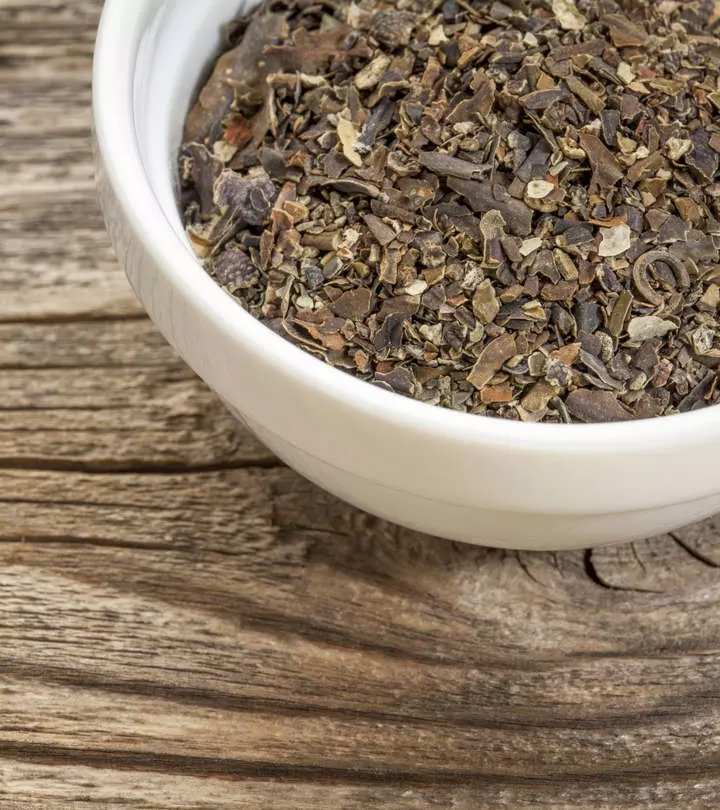





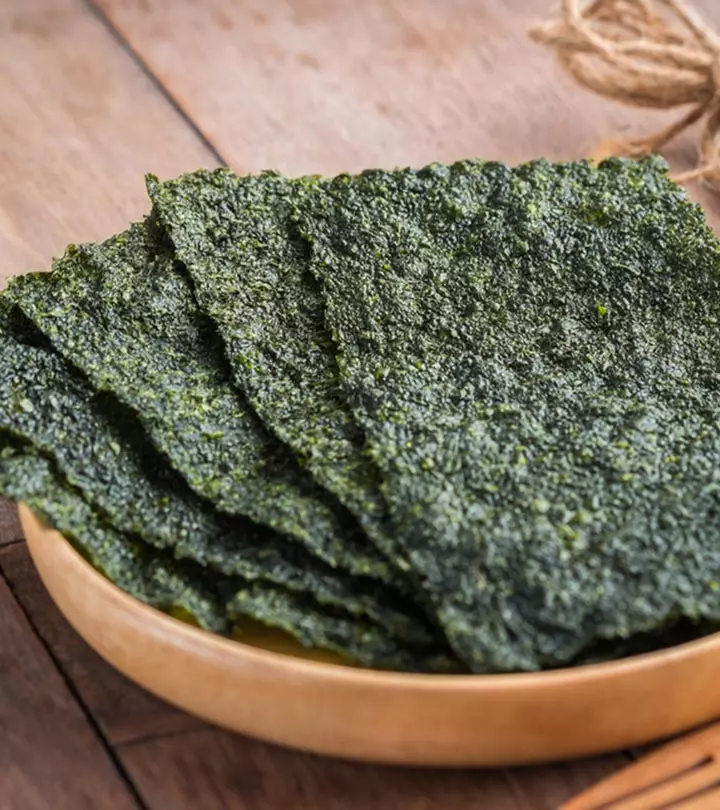
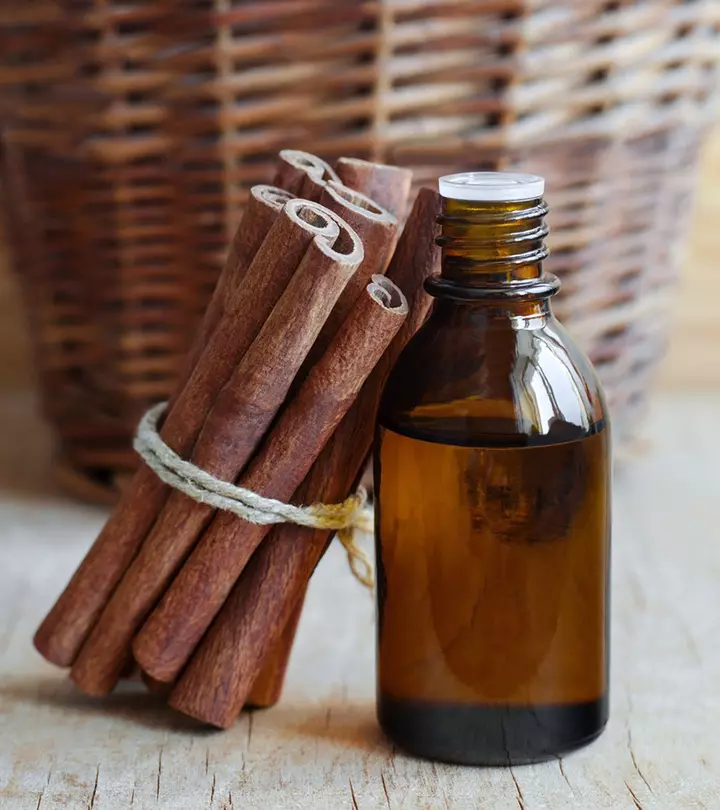



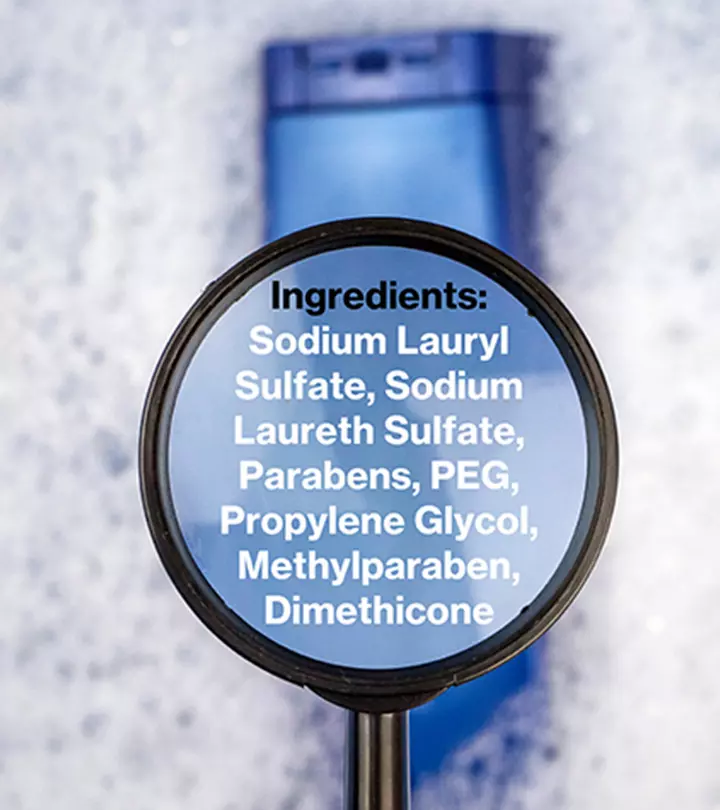
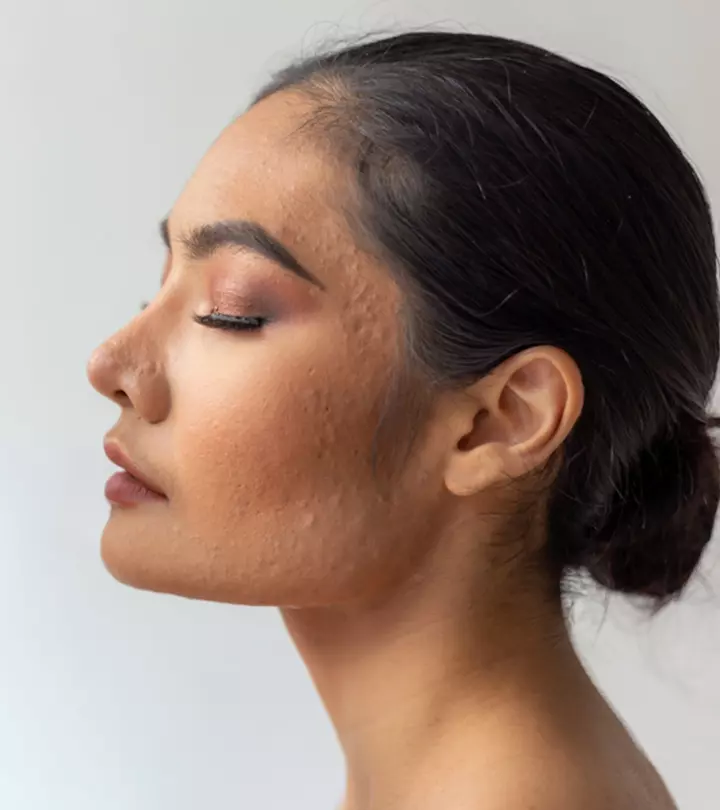
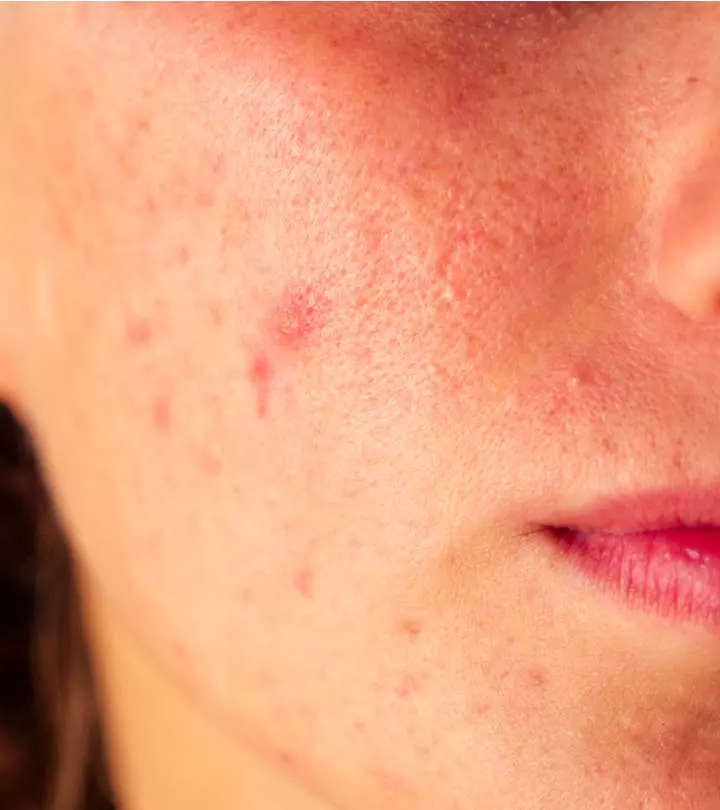
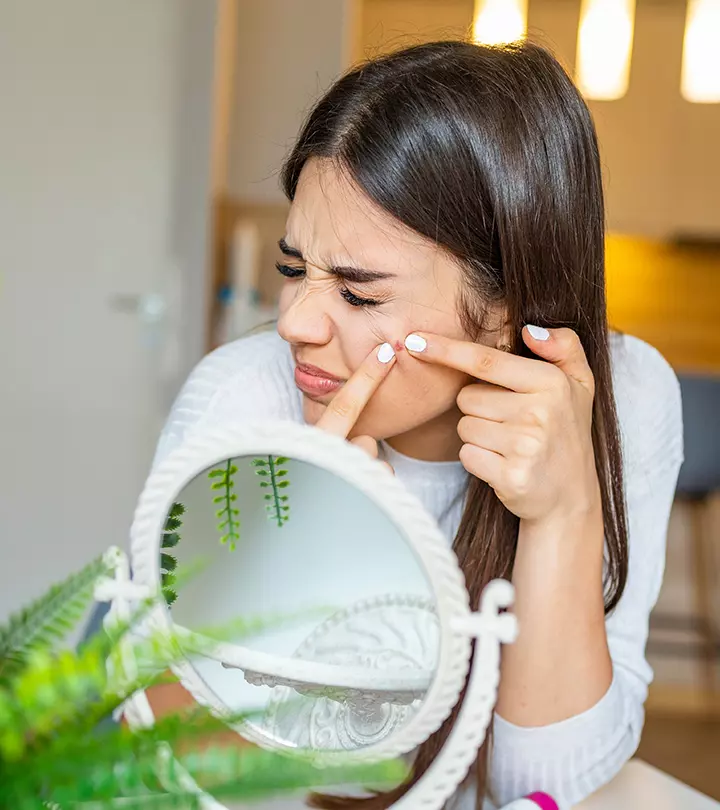


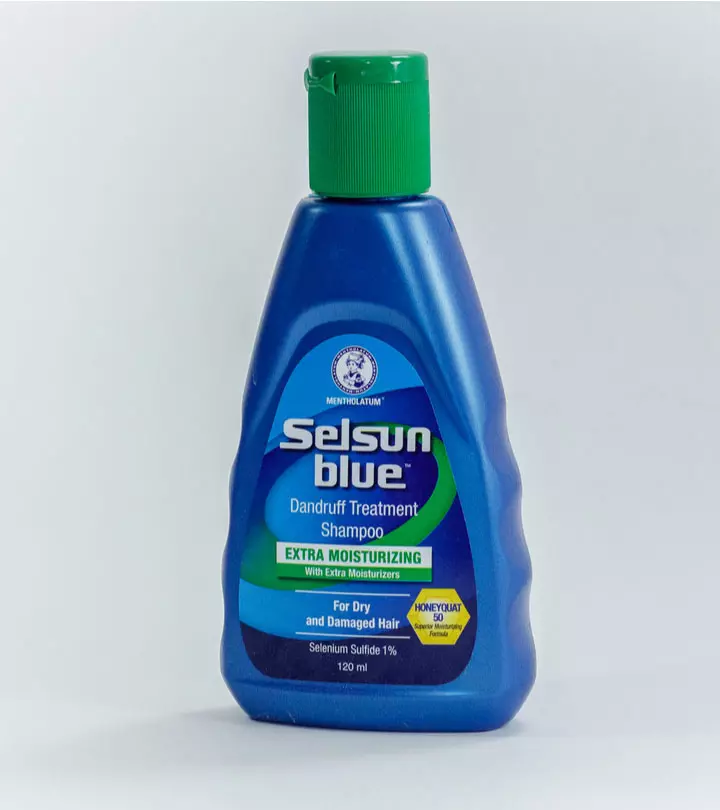

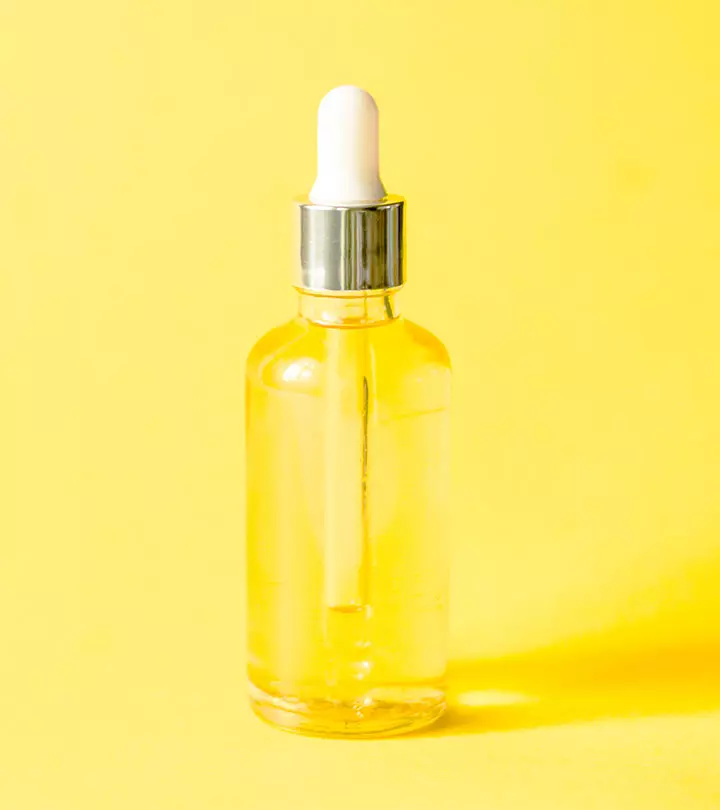

Community Experiences
Join the conversation and become a part of our empowering community! Share your stories, experiences, and insights to connect with other beauty, lifestyle, and health enthusiasts.